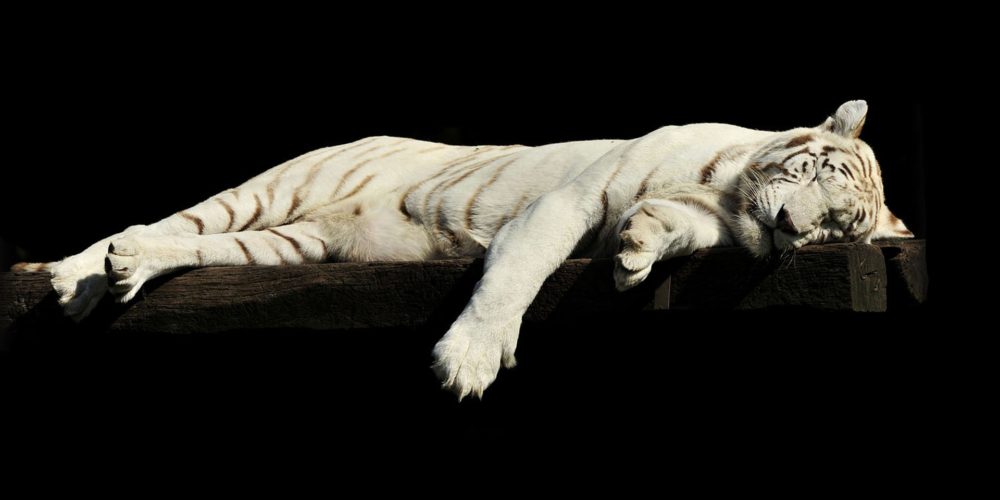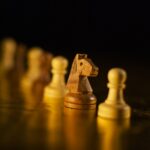To succeed better, get more…sleep

How much sleep did you get last night? How many hours do you get on average?
So many commitments, no? So much work waiting, so much travel, so much to do with the family, so many social commitments, so much time taken in front of screens large and small these days…it feels natural that it’s an hour or two of sleep that must be sacrificed.
And that would be your big mistake.
The Harvard Business Review just ran a piece by Christopher Barnes, a professor who studies organizational behaviour. He warns: cut into your sleep at your peril. Many do, though. Especially leaders, who seem to wear lack of sleep as a badge of honour. Sleep, they think, is for under-motivated wimps. You need to show your mettle by pulling all-nighters and responding to emails at ungodly hours.
I have had plenty of bosses just like that in my time. I’m sure you have too. The ones who put pressure on you to be available all hours, and to prove yourself by working late and being the first one at work in the morning. Macho, domineering, chest-thumping bosses. Also, bad bosses.
Many CEOs seem to think getting in at 6 am every morning and getting home at 10 pm is a distinction, a form of bragging that indicates they are “superbosses.” But the science points the other way.
Sleep is important for a wide variety of reasons, professor Barnes shows us. It allows us to deal with our memories properly; to process emotional experiences; to replenish our brain fuel; and to protect our cognitive activity. Sounds like a plan, huh?
Not sleeping enough, though, leads to poor judgement, loss of self-control, and impaired creativity. Exactly what the modern organization needs? Not…
Studies have shown that when leaders show up for work unrested, they are more likely to lose their patience and act in abusive ways. This weakens their relationships and results in lower engagement from their subordinates.
Do you work late when preparing an important speech or presentation? Don’t. If you arrive sleep-impaired, your talk is likely to receive lower evaluations. Worried about ethics in the organization? Don’t cut into your people’s sleep. Studies even show that lack of sleep may be directly linked to ethical lapses.
Do those who trumpet their eschewing of sleep know what they are saying? Why exactly do you need so many hours to do a job that should take half as long? Why do we demand efficiency on the shopfloor, but add hour upon hour at our own desks as leaders? It’s not as though all those extra hours are adding anything sustainable to the bottom line. Manic, obsessive behaviour soon causes crises and meltdowns.
As individuals, and in organizations, we should learn to value our hours of rest. We should not set ungodly hours and place cruel time demands on our workers. We should ensure we are all rested, balanced and in equilibrium most of the time. Then, we can give important issues our most acute attention; and view challenges with calm judgement rather than sleep-deprived screeching.
Wait, do you think I’m blocking your path to achievement and wealth? Then ignore me and listen to Jeff Bezos, the world’s richest man: “Eight hours of sleep make a big difference to me…making a small number of key decisions well is more important than making a large number of decisions. If you shortchange your sleep, you might get a couple of extra ‘productive’ hours, but that productivity might be an illusion.”
This is not to promote a culture of somnolence and lethargy, mind. Quite the opposite. Being well-rested means being well-placed to excel. And as with all things, balance is essential. A recent study using data from more than one million adults shows that there is a sweet spot in terms of hours of sleep every night: no fewer than 6 hours, no more than eight. Those who sleep outside this range frequently are more likely to suffer from coronary disease or strokes.
The bigger lesson is about balance. Consuming life in the right portions is one of the pathways to a lasting sense of peace and fulfilment. Frenetic, intense activity can lead to short bursts of achievement and creativity, but the effect doesn’t last. The best leaders, writers, thinkers and doers I have met do things in the right doses.
(Sunday Nation, 9 September 2018)

Buy Sunny Bindra's book
UP & AHEAD
here »
Popular Posts
- What is a nation?June 30, 2024
- To be a great leader, think like a farmerJuly 21, 2024
- Don’t be surprised by surprisesJuly 14, 2024
- It takes mavericks to change the gameJuly 7, 2024
- Why we should all be activistsJune 16, 2024















